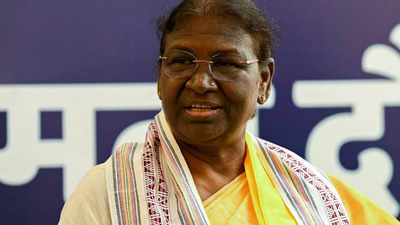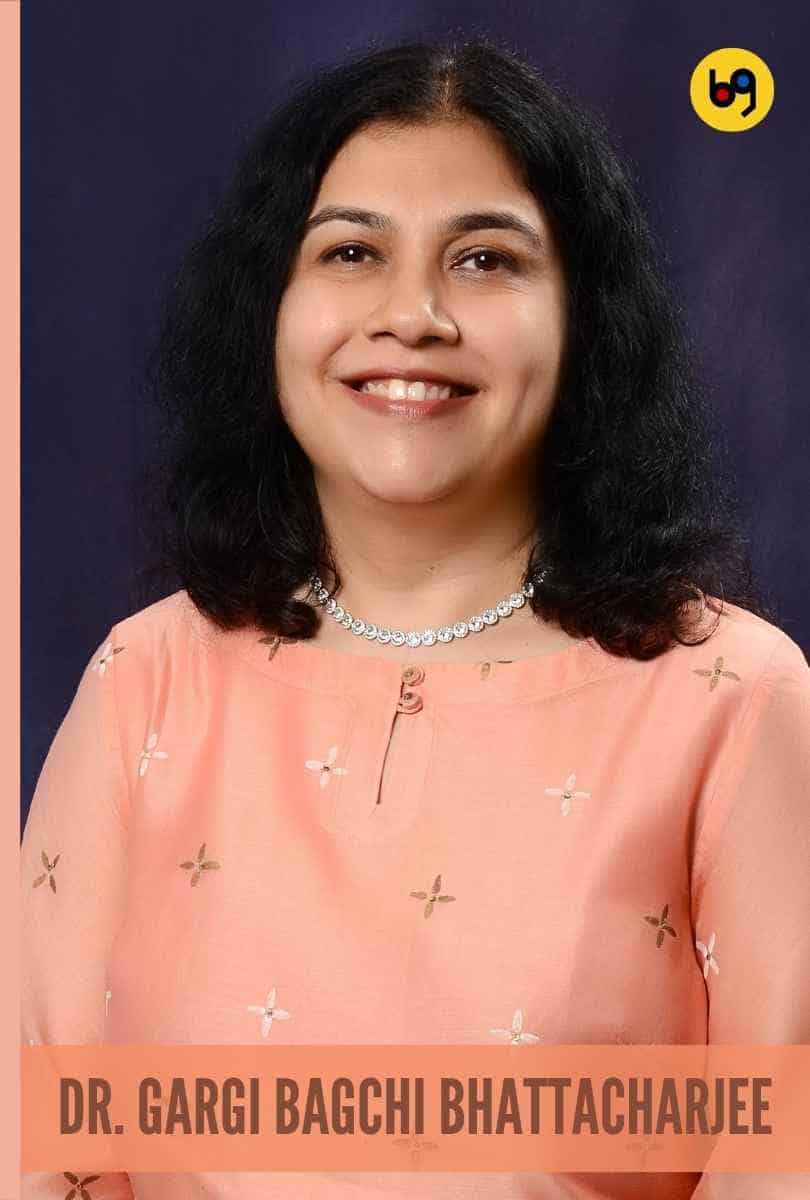[ad_1]

Rairangpur/Ranchi/Guwahati/Raipur/New Delhi: Chandramani Hansda, 25, who lives a few meters away from the elected President. Draupadi MurmuHis ancestral home in Upabeda village, near Rairangpur town in Odisha, wants the new president to ensure that “no tribal girl remains illiterate.”
A few hundred kilometers away in neighboring Jharkhand, where Murmu was governor, tribal rights leader Salkhan Murmu wants “real sengal” (liberation) for his state’s long-exploited tribals.
Tribal aspirations, from better schools to simplification of forest laws in favor of tribals, recognition of tribal religions and tribal empowermentDraupadi has risen with Murmu’s election first female tribal president of India.
Hansda, a graduate in political science from a nearby college and a homemaker, told PTI, “Now, having risen to the top of Didi (elder sister), I can also expect growth in my life. If Murmu can help, she should ensure that no tribal girl remains illiterate.”
The mood is upbeat in the tribal heartland in East and Central India spread over Odisha, Jharkhand, Chhattisgarh and parts of West Bengal and Assam.
While some want ‘sengal’ (empowerment), others want Sarna, a traditional tribal religion to be recognized and those who follow the tribal way of worship, treated as separate from Hindus and Christians.
Salkhan Murmu, a prominent tribal leader of Jharkhand who is leadingtribal sengel campaign‘ (Adivasi Empowerment Campaign) told PTI: “We hope, it is time for a real ‘sengal’ for the long exploited and neglected tribals, with a top constitutional post from the community.”
The Jharkhand leader pointed out that as the governor of Jharkhand, Draupadi Murmu had shown the courage to negate the attempt by the previous BJP government led by Raghubar Das to amend the Chotanagpur Tenancy Act and the Santhal Pargana Tenancy Act, which allowed commercial exploitation of tribal lands. allows use.
“I remember how Murmu, as the governor of Jharkhand, forced the Raghubar Das government to withdraw draconian bills aimed at amending the Tenancy Acts after consulting 192 tribal representatives,” he said.
Bablu Munda, Chairman Central Sarna Committee, Jharkhand wants to meet the President after Sarna is seated at Rashtrapati Bhavan to talk about religion.
“We hope that the doors of Rashtrapati Bhavan will remain open for tribals from remote rural areas. We will meet them and demand the Sarna code,” he said.
A year and a half ago, the Jharkhand Assembly passed a resolution asking the central government to recognize Sarna as a religion whose followers worship nature and codify it for the census.
Murmu, who is also a BJP MP, added weight to the demand, saying, “We are adivasi nature worshipers – neither Hindu nor Muslim, neither Sikh nor Christian.” He said by not recognizing the ‘Sarna Code’ the authorities were “forcing the tribals”. To convert to other religions.”
While the hopes are not limited to recognition for a school or religion, there are calls for an end to conflict with tribals and changes in laws to improve their situation.
“We expect that she (Murmu) will issue directions to withdraw the Forest Conservation Rules, 2022, which is against the Forest Rights Act, 2006. The new rules allow states to divert forest land for projects without the consent of forest dwellers. Adivasi displacement,” said Alok Shukla of the Chhattisgarh Bachao Andolan, an organization working for the rights of tribals in the state.
Yogini Khanolkar, trustee of Narmada Nav Nirman Abhiyan Trust, which works with tribal communities, said, “I expect him (the new president) to use his special powers to protect the interests and culture of tribal communities. Mega infrastructure projects ”
He added that the process of including them in any new scheme is “very rigid and (often) enforced arbitrarily.”
“It leads to unfair conflicts. Murmu can use his position and handle delicate issues related to tribals smoothly,” Khanolkar said.
Others have some hope. Tribal rights activist Shubhranshu Choudhary, who is also the founder of citizen journalism initiative CGNet Swara, said, “There are hopes, yes. But we had a Dalit president for five years. Did it help Dalits a lot? Maybe not.” Rural areas of Chhattisgarh
Choudhary pointed out that governors have special powers in scheduled areas, “but no governor has done anything for the tribals.”
He nevertheless admits that Murmu, as governor of Jharkhand, refused to sign anti-tribal bills. “We really hope that she will be able to influence the decision-making of the government regarding the tribals,” said the activist.
The tea-tribes, or ‘tribals’ of Assam, many of whom were relocated here before India’s independence from Bihar and Jharkhand to work as tea garden workers, are particularly happy and excited that their A woman from the community has been promoted to the highest post. floor.
Representatives of various tribal organizations have the same agenda or hope that their long-standing demand for Scheduled Tribe status will be met as Murmu is likely to play a key role as the constitutional head.
Bir Singh Munda, secretary of the Tribal National Conference Committee, an umbrella body of all tribal organizations in the state, said, “As constitutional head, he has the power to ensure that the long-pending status of tribals for Scheduled Tribe status The demand should be met. ,
FacebookTwitterinstagramKu APPyoutube
,
[ad_2]
Source link




